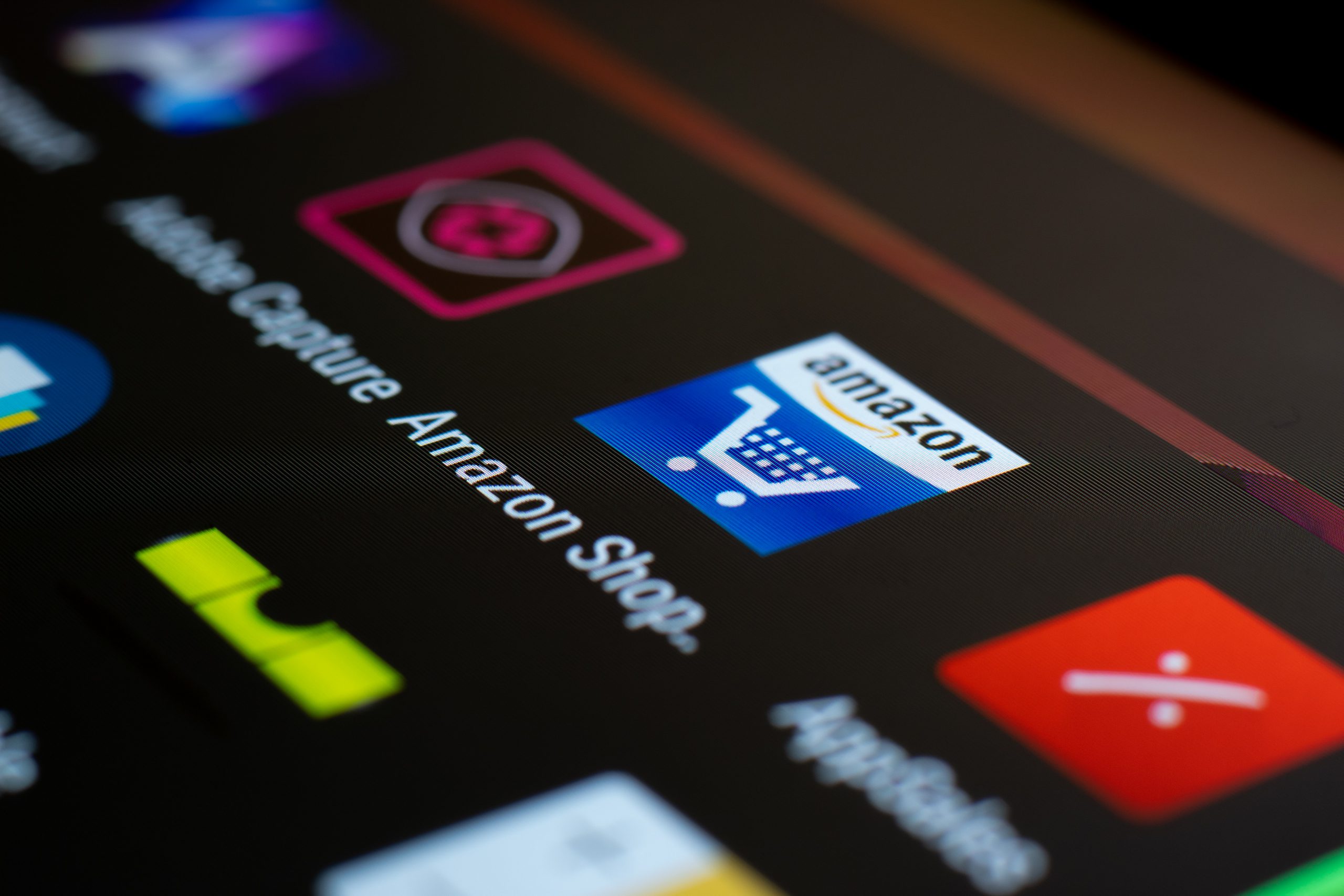Since its foundation in 1994, Amazon has become the marketplace giant par excellence. Amazon is also one of the most popular online stores in Germany. In a Statista survey more than half of the respondents said they shop at the company several times a year. 38% of the respondents shop with Amazon several times a month - a full 7% did so several times a week. This undoubtedly makes Amazon a strategically important sales channel. Fulfillment by Amazon (kurz FBAoffers Amazon merchants the option of letting Amazon handle order processing itself. In this blog post Warehousing1 has broken down for you, which advantages and disadvantages FBA can have in individual cases.
What does FBA mean exactly?
Amazon itself promotes its fulfillment offering as an opportunity to increase the sales potential for your products. The cost of fulfillment is calculated per cubic meter and ranges from 20 to 40€ per month, depending on the season and product category. On top of that, there is a sales fee of about 15% that is charged for each item sold.
In fact, shipping through Amazon opens up a new sales channel for your business, as items with a "Prime Shipping" logo, for example, will also be noticed differently by potential customers. One of the main benefits of Fulfillment by Amazon is that it allows your business to gain exposure across Europe. Through the European Shipping Network, your products will be distributed through every European Amazon Marketplace site - while you only need to send the goods to a single Amazon logistics center. However, this does not apply to the UK, as cross-border trade can no longer take place since the introduction of the customs border on 01 January 2021 due to Brexit, as you can also read in our blog post.
The requirements for FBA
Especially if you are at the beginning of your entrepreneurial career and have probably just started your company, it is important to note that there are the following participation criteria for Amazon Sellers:
- You must provide confirmation that at least five packages are shipped daily.
- You must ensure on-time delivery of 99% of your orders.
- The order cancellation rate must be below 1% to qualify for FBA.
The disadvantages of FBA for your business broken down
Although Amazon is a strategically important sales channel, you should know the downsides of FBA to weigh whether it should remain your only sales channel. Depending on how many resources you want to put into your business growth, having your own online store - in addition to your Amazon seller account - can give you the opportunity to establish your own brand and help your business gain exposure.
- You'll need to buy your merchandise in bulk first. So it takes a financial cushion to get started.
- Cash on delivery is automatically offered for your products. This increases the likelihood of returns.
- Return policy: If your product was damaged in case of a claim, you will be refunded only 50-60% of the product price based on the current market price of that product, so you might suffer a financial loss.
- The storage fees remain the same - whether you sell or not. You will definitely have to pay the other fees as well.
- Larger products are usually not worth it for FBA, as they don't have good shipping rates and are expensive in terms of storage.
- You are always selling under Amazon's branding, you need to be aware of that. This makes it difficult to build your customer relationships and a good reputation. It is also not possible to build an email list with FBA, for example.
- Complete reliance on Amazon: You have to fully rely on Amazon's delivery process, thus putting your business out of your hands. If Amazon discriminates you due to volume fluctuations or the like, then you have little to no leverage to resolve the situation, but are completely dependent on Amazon.
- You cannot provide your own packaging, but use Amazon's standard boxes. Your own logo is invisible and does not differentiate you from the competition.
Conclusion
Fulfillment by Amazon is a low-risk way to test the potential of your products and put comparatively few resources into your own processes, since the main tasks are handed over directly to Amazon. However, it makes sense for very few eCommerce companies to handle their fulfillment (exclusively) through Amazon.
Our tip: Don't depend on Amazon alone, but focus on independent business growth - with your own online store alongside your Amazon seller account. Here are once again the main advantages of having your own online store summarized for you:
- You can actively contribute to establishing your brand - through eye-catching cardboard boxes, beautiful packaging, informative package inserts, etc.
- You do not have to provide a margin to Amazon.
- You handle customer service and returns yourself, giving you a better understanding of your customers' needs and demands.
- You have a higher upselling potential as you interact directly with your customers and they also identify with your brand.
- You have more control over your inventory and can directly draw conclusions about inventory and fulfillment operations.
Of course, having your own online store involves more work. However, when order fulfillment is handled by an external service provider, you have many of the benefits as you would have with an FBA setup. From our experience with more than 250 satisfied customers, we recommend outsourcing fulfillment from 100-150 shipments per month. This way you can save further costs and fully concentrate on your core business.
With Warehousing1, you can find your ideal fulfillment solution quickly and effectively. Let one of our account managers advise you today on how you can align or improve your logistics setup. Of course, we can also answer any questions you may have about FBA. Let's discuss together which fulfillment makes sense for your business. Send us an inquiry and we will get back to you within 24 hours.



